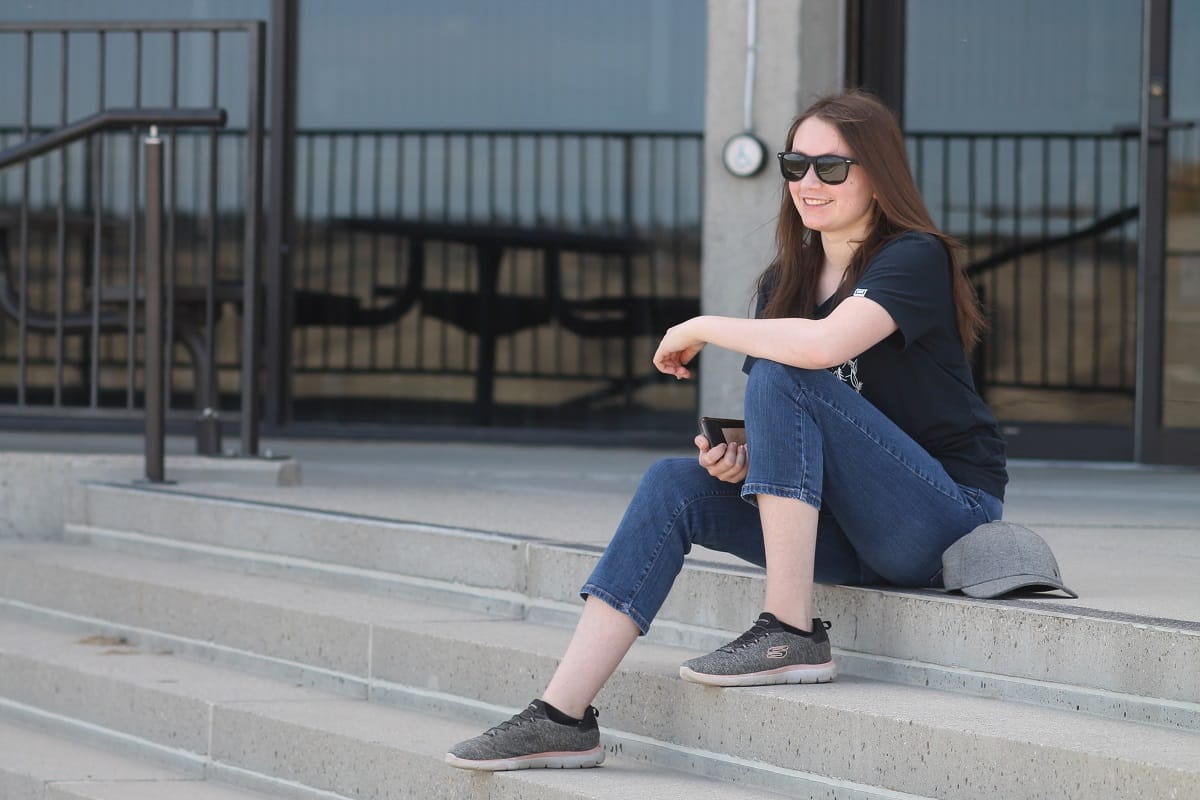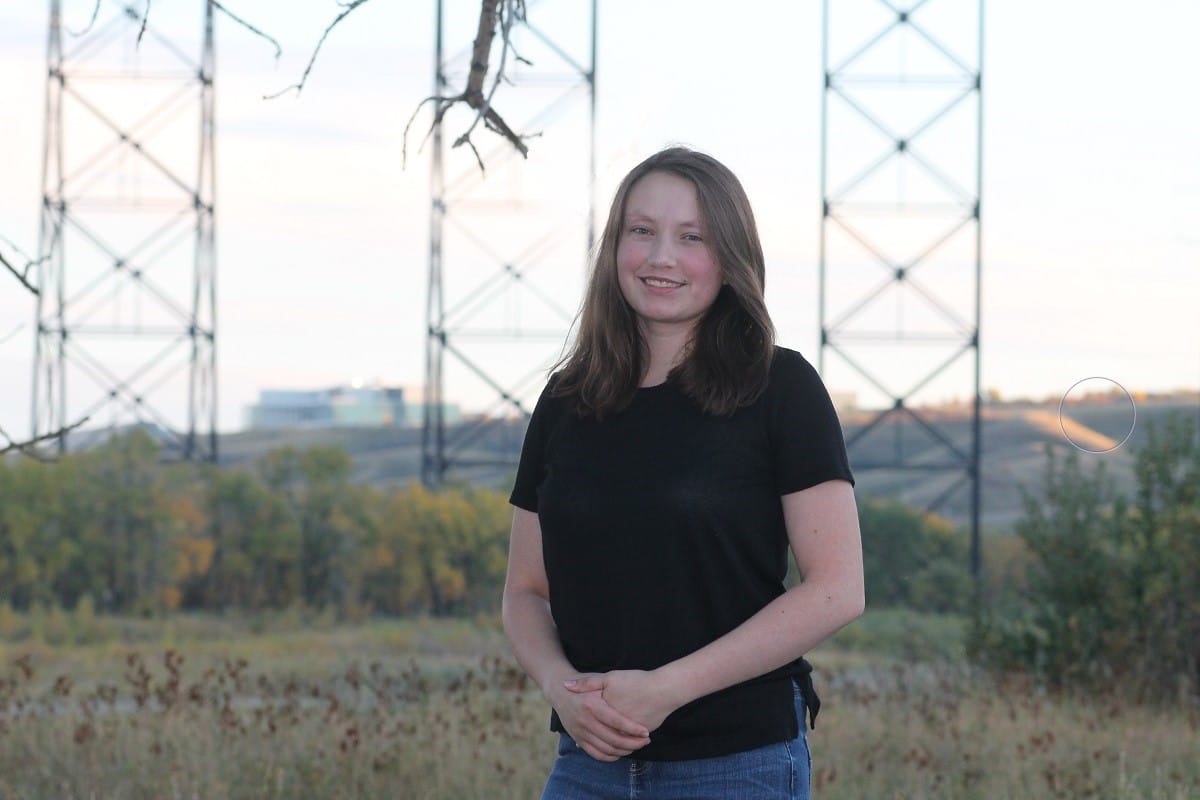Madison Bronk knew she wanted to pursue a career in biochemistry before she graduated high school. While she chose to study at the University of Lethbridge because of the state-of-the-art Science Commons and smaller class sizes, it has been the opportunity for Work-Integrated Learning (WIL) experience that has taken her passion to a new level.
These opportunities were fantastic because they gave me a unique opportunity from my peers to engage in research and learn and apply laboratory techniques I would have never gotten to do in my classes. Secondly, the work-integrated learning opportunities really challenged me and helped me gain my confidence.
Meet Madison | Motivated. Reliable. Organized.
Program: Bachelor of Science | Major: Biochemistry
Hometown: Lethbridge, AB
Madison had the opportunity to work with Agriculture and Agri-Food Canada over the summer for the past two years and did an independent study at ULethbridge in a biochemistry lab researching Alzheimer's Disease. By stepping out of the classroom and applying the knowledge she gained there to her projects, Madison was able to gain confidence in the work she was doing and had her interest in research validated.
“I was also able to make connections and build relations with scientists, researchers, and students that I never would have made without those opportunities,” she says.
Madison’s career goal is to work in a laboratory, applying both her work-integrated learning experience and gained knowledge from her classes.
“With a program like biochemistry, the sky is the limit to where my experience can take me,” she says.
Madison says the benefits of the engaged professors she’s studied under at ULethbridge can’t be overlooked. Some of her required classes were 'notoriously difficult,’ and because of that reputation, she never dreamed she would actually enjoy them.
“However, the professors I have had for organic chemistry, such as Dr. Susan Findlay, have been the most positive and passionate instructors I have learned from. Their engagement in the class made a world of difference when struggling with material,” she says, adding not only did she enjoy these classes, but is looking forward to taking more of those courses in the future.
One of Madison's most memorable experiences occurred in a genetics class laboratory, with an introduction to PCR and gel electrophoresis kick-starting her interest in molecular biology.
Others who have been influential in her time at ULethbridge include her co-op coordinator for the past two years through Career Bridge. Madison calls Brittany Lewis one of her biggest supporters.
“She has always been willing to listen to my goals and concerns, and support me even beyond my co-op work terms,” she says. “I also could not have made it this far without my friends and family. Their constant support, both at home and at school, have helped me persevere even at my lowest points.”
Madison has also weaved lessons learned in the classroom and work-integrated learning into her extracurricular activities. She volunteered with Food for Thought, which assists students in accessing nutritious and satisfying meals, through the Campus Roots Community Garden. Madison says she can trace her interest in gardening and plants to both her hobby of cooking, and her co-op work term.
“Volunteering in the garden and observing plant growth has been a great application of my introductory biology classes,” she says, adding her longtime passion for cooking and baking sparked her interest in biochemistry.
Madison’s biggest piece of advice for new students is not to be too hard on themselves. University is a time of transition, she says, and they will be challenged and struggle in ways they have never experienced before.
“You may have to re-take a class or lighten your workload, but you will get it in time. Anything worth working for isn't easy. There are lots of students going through the same struggles you are, so never feel afraid to reach out,” says Madison.


Photos submitted by Madison.
- Apply
- Find admission details
- Request info
- Talk to a recruiter
- Book a tour
- Take a virtual campus tour